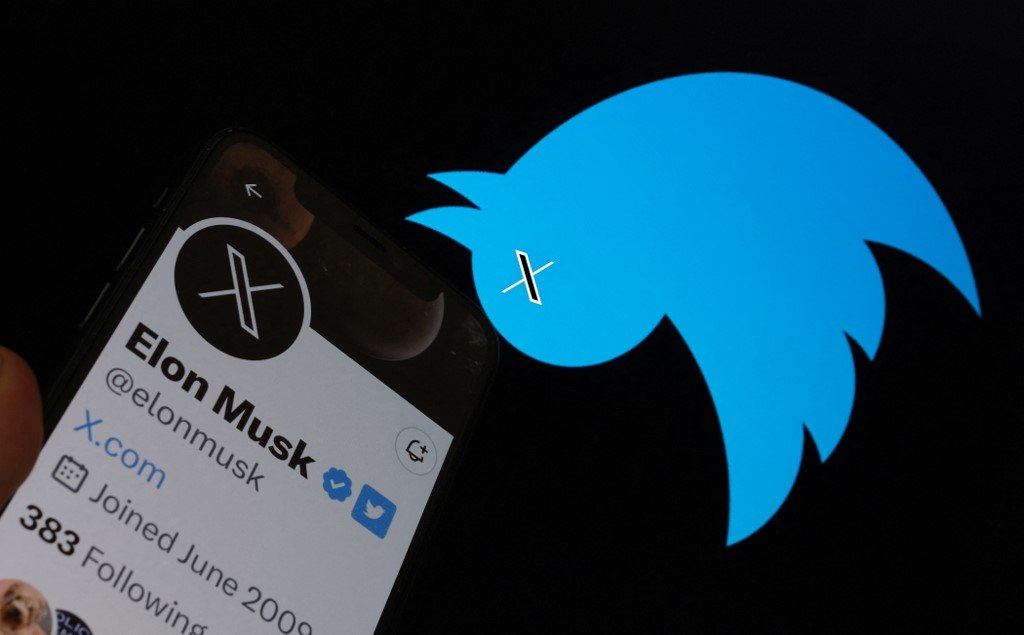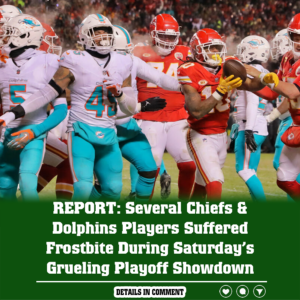Since becoming Twitter’s official owner on 27 October 2022, self-proclaimed free-speech defender Elon Musk has transformed the social media now called X into a sanctuary for disinformation. Reporters Without Borders (RSF) now regards X as the embodiment of the threat that online platforms pose to democracies.

In the course of a year in which he has humiliated public media and censored journalists, the businessman ranked by Forbes as the world’s richest person has shattered what was one of the few social media bulwarks against disinformation and has instead become one of the strongest allies of disinformation producers.
The most dangerous decisions for access to reliable information have included transforming account certification. From a security system guaranteeing that a user is who they claim to be, it has been turned into a service that a user pays for to get increased visibility, without offering any guarantee as to their authenticity.
This payment-based system has demonstrated its full toxic potential since the start of the war between Israel and Hamas. According to a study by NewsGuard, so-called “verified” accounts have produced 74% of the platform’s most viral false or unsubstantiated claims about the Israel-Hamas war, claims that have been viewed 100 million times.
“Elon Musk has completed his transformation from free speech defender to champion of disinformation. Most of his decisions have had the effect of strengthening disinformation producers and weakening access to reliable news and information on his platform. What with the insults that he personally aims at the professional news media and the new anti-information direction that X is taking under his leadership, journalists and news media are no longer welcome there. Twitter was already an unsafe network for information, but X has become disinformation’s stronghold.”
Vincent Berthier
Head of RSF’s Tech Desk
Twitter’s transformation has been political as well as technical. Under Musk’s leadership, Twitter ceased to be a signatory to the European Union’s code of good practice against disinformation, now the code of conduct of the Digital Services Act (DSA). The social media company also carried out mass layoffs, especially within the “Trust and Safety” teams responsible for protecting platform users, including moderation. These decisions have necessarily strengthened disinformation’s competitive advantage over content that is in the public interest.
In RSF’s view, X embodies the fundamental problem posed by large platforms controlled by wealthy individuals whose decisions sometimes border on the whims of divas. Nothing prevents billionaires from taking over services used by hundreds of millions of people and doing what they want with them. It is time for this to stop and for the United States, where most of these large companies have their headquarters, to take inspiration from the European Union’s DSA and finally impose order on the practices of an industry that draws its wealth from the information chaos it generates.
News
Dave Crosby, the individual who captured the attention of all three Voice Judges in record time. Watch his incredible performance – it’s truly astonishing!
From the moment he graced the stage, it was evident that a remarkable performance was about to unfold. As Dave serenaded the room, a captivating melody filled…
Tom Brady Sparks New Dating Rumors After Being Spotted Out At Dinner With Popular Sideline Reporter
Tom Brady has set off another wave of dating speculation following his brief romance with Irina Shayk. According to TMZ, the former NFL star was spotted out in Beverly…
REPORT: Several Chiefs & Dolphins Players Suffered Frostbite During Saturday’s Grueling Playoff Showdown
Multiple players are said to have suffered frostbite during Saturday night’s playoff showdown between the Kansas City Chiefs and Miami Dolphins at Arrowhead Stadium. The game was the fourth-coldest in NFL…
Female Eagles Fan Unleashed All Sorts Of Cruel, NSFW Insults Towards Bucs Fans After Her Team’s Ugly Wild Card Loss In Tampa (VIDEO)
A female Eagles fan went off on Buccaneers supporters after having to sit through a frustrating Wild Card fixture in which her team put just nine points…
Female Eagles Fan Unleashed All Sorts Of Cruel, NSFW Insults Towards Bucs Fans After Her Team’s Ugly Wild Card Loss In Tampa (VIDEO)
A female Eagles fan went off on Buccaneers supporters after having to sit through a frustrating Wild Card fixture in which her team put just nine points…
Jalen Hurts Had An Interesting 7-Word Response After Being Asked If He Wants Nick Sirianni To Remain The Eagles’ Head Coach (VIDEO)
Jalen Hurts has taken an exit at the first opportunity as his Eagles are out of the playoffs following a season in which they raced to 10-1 before…
End of content
No more pages to load











